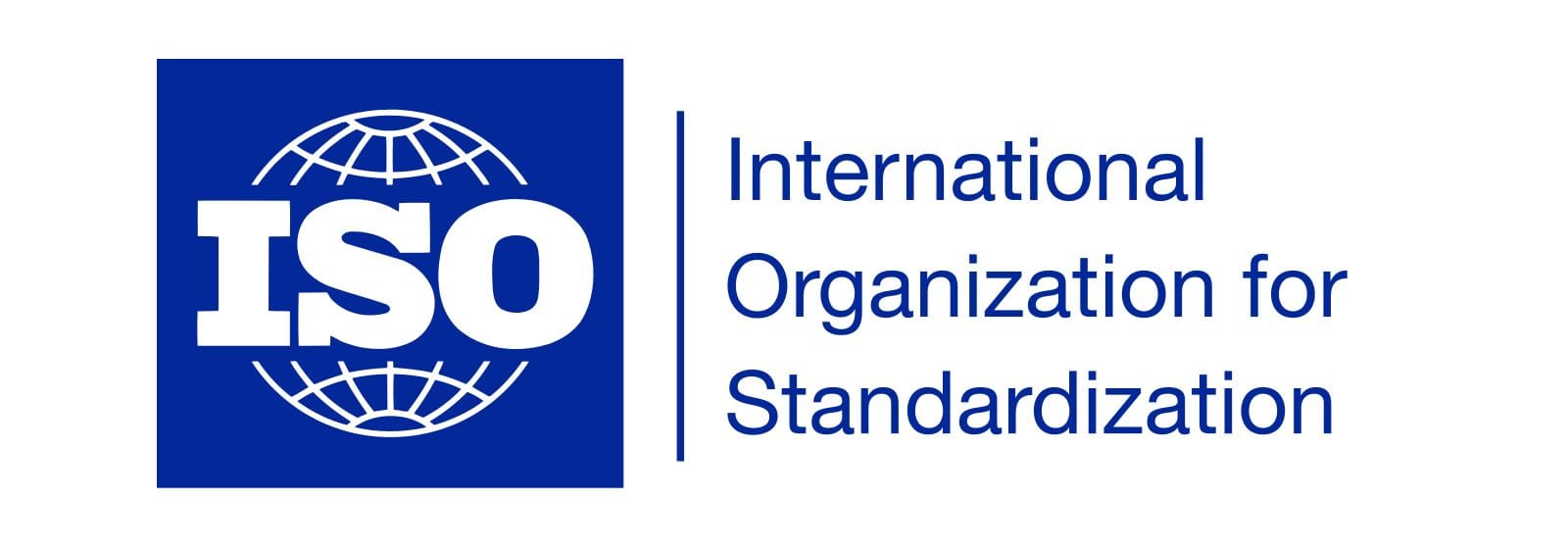When looking for a plastic injection molder, there are certain “check boxes” you most likely include in your search criteria. You might seek out a molder that has reasonable prices, good communication and customer service, modern equipment and technology, and a sufficient level of experience. These qualities certainly can help to increase the chances that the molder you choose will be able to produce the product you had envisioned, but are these alone enough to guarantee you consistently will be provided with high-quality product, within your requested delivery time-frames, with appropriate documentation and traceability?
It is interesting to note that International Organization for Standardization (ISO) requirements truly lead a company to attaining these goals. ISO standards, particularly ISO-9001, provide guidelines for creating a quality system that ensures consistency of the order fulfillment process in its entirety. This is accomplished through judiciously documented instructions for all major processes, such as design and development, order processing, production, inspection, shipment, handling of customer feedback, review of non-conforming product, etc. Adherence to these instructions and associated requirements is enforced through continuous evaluations (e.g., internal audits and management reviews).
Additionally, ISO guidelines include requirements for an organization to scrutinize its processes through comparison of current industry standards and practices against the company’s current state. This helps to ensure that the ISO-certified company keeps abreast of new technologies and techniques and strives to align with or exceed applicable requirements. The goals are continuous improvement and growth, openly reaching out for new opportunities, and being aware of risks and mitigating them through thoughtful planning.
Implementing an ISO-certified Quality Management System (QMS) is not easy. It takes time, effort, thought, energy, and dedication. Operating under a certified QMS may seem cumbersome or even superfluous to established firms who have manufactured product for years without a quality system. Many injection molders are not ISO-certified for this very reason. It takes diligence and foresight to change this mindset, though the benefits of certification are numerous – from substantial reduction in customer complaints to increased efficiency, business growth, and even higher employee satisfaction and retention.
Buyers can have confidence in an ISO-recognized molder knowing they and their processes have been audited by independent third parties and certified to be in conformance with ISO standards. Fundamentally, an ISO-certified plastic injection molder who understands and adheres to ISO guidelines is one who can provide valuable input to enhance the design, manufacturability and, ultimately, the selling potential of your product. Accordingly, when looking for a new molder, be sure to have ISO certification as one of the requirements on your list.

